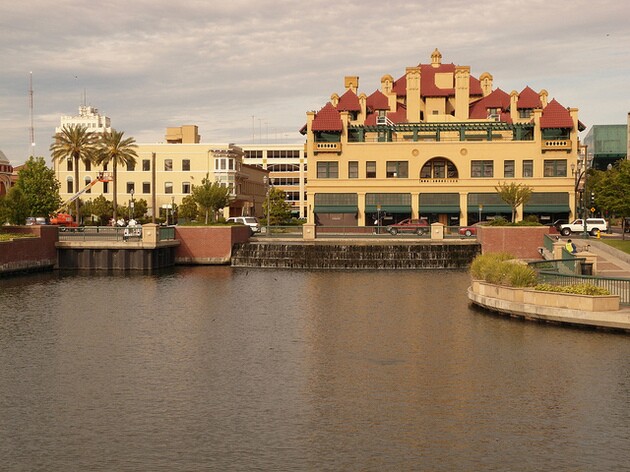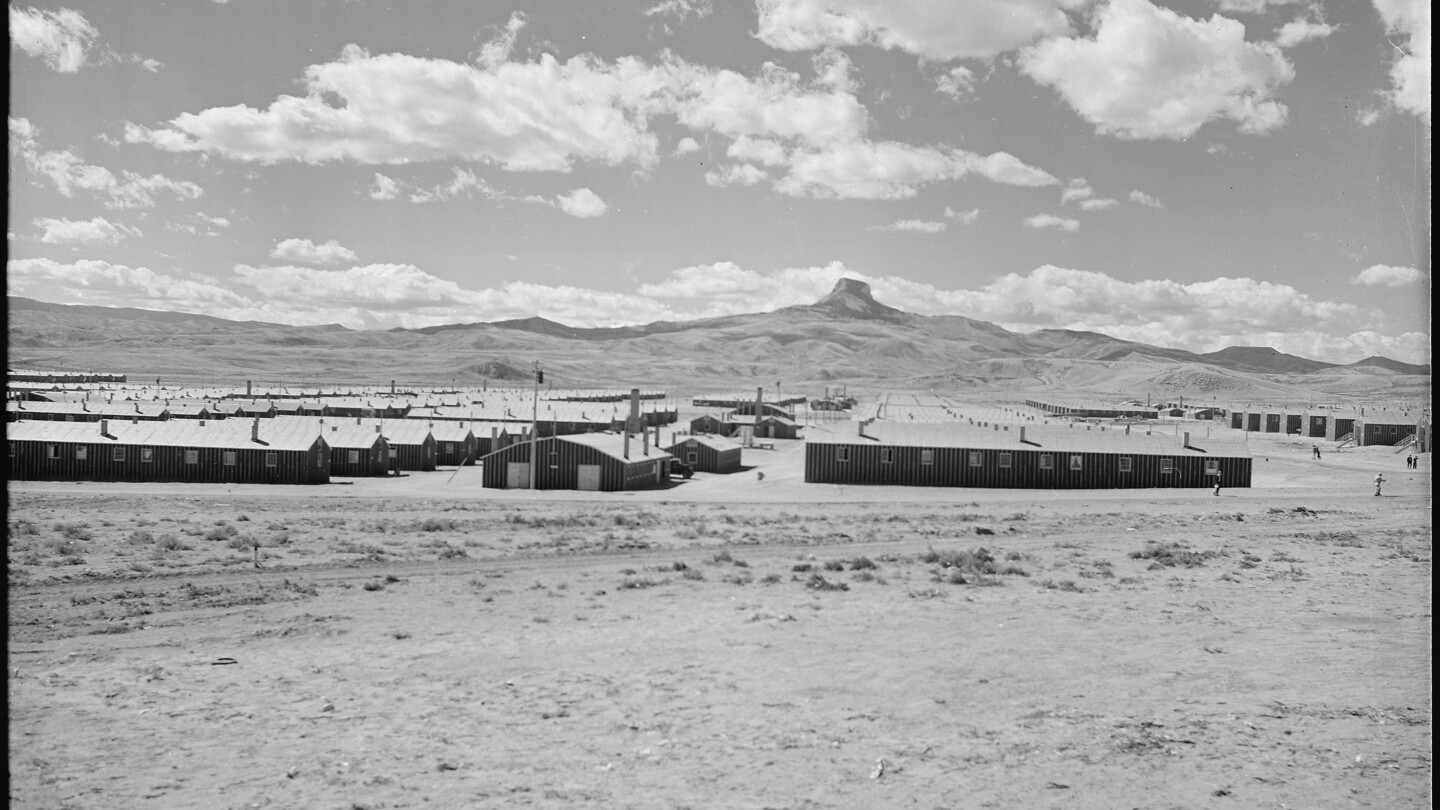Beats and Rhymes: Besskepp's 'Ode to Stockton'

As both a poet and urban historian, I have always been partial to poems and songs about specific cities. There's a rich history of city poems from Baudelaire's gaze on Paris, William Blake, Wordsworth, T.S. Eliot, and later Linton Kwesi Johnson on London, Langston Hughes on Harlem, Carl Sandburg on Chicago, the list goes on and on. One of the best city poems I have ever read or heard is about the unlikely city of Stockton, California.
Cory Cofer aka Besskepp, the poem's author, came to Southern California for college but spent his formative years in Stockton. His heartfelt poem, he says, "was inspired by Forbes Magazines' conclusion that rated Stocktonas one of the worst cities to live in America. I wish they had talked to me first. It's diverse, eclectic, rich in tradition, and green." His ode to Stockton celebrates the rich history and racial diversity, "Black girls play Chinese jump rope in Stockton, white boys know hip hop."
The poem packs a mix of stories and facts to illustrate the soul of Stockton. Besskepp informs us that an all-Black school was founded there in the 1860s. In the 19th Century after the Gold Rush, Stockton was one of the biggest cities in California, and it's been diverse from the beginning. Furthermore, Stockton's Little Manila enclave is a bustling, internationally known district in the city that once had the largest Filipino population in America -- the famed Filipino poet Carlos Bulosan passed through in the 1930s and wrote about Stockton and the Central Valley. The annual Asparagus Festival celebrates the agricultural history. Sunset magazine declared Stockton the best Tree City in Western America in 2002. And if that's not enough, the band Pavement formed in Stockton, and the celebrated boxing novel turned to movie, "Fat City" was also set in Stockton.
"Stockton" is on Besskepp's most recent album "The Hey Moment." His book, "Up the Street Around the Corner," includes some more short stories about Stockton. His weekly poetry venue A Mic & Dim Lights in Pomona has been going for 12 years and is one of the largest poetry events in California. The same spirit in his Stockton poem can be felt in his weekly performances in Pomona.
Besskepp clearly describes why Stockton's racial diversity and working class spirit transcends Forbes. "Stockton raised me," he says. "I miss its' foggy mornings. As a kid I likened it to eye-level clouds; the same clouds that may have blinded Forbes of Stocktons' beauty."


